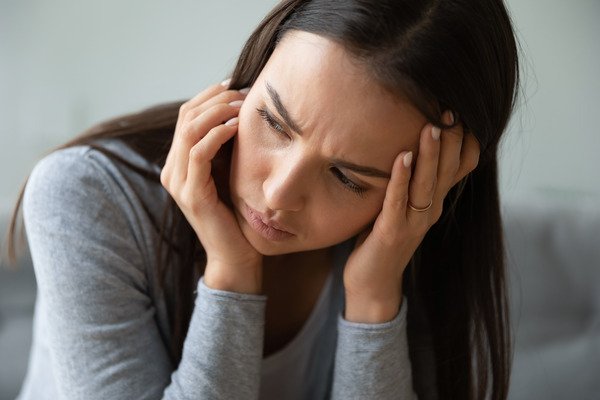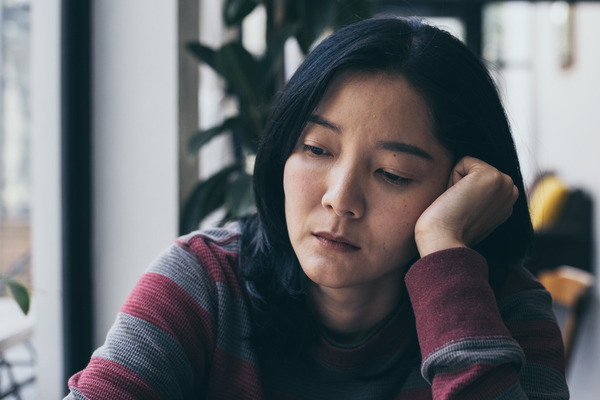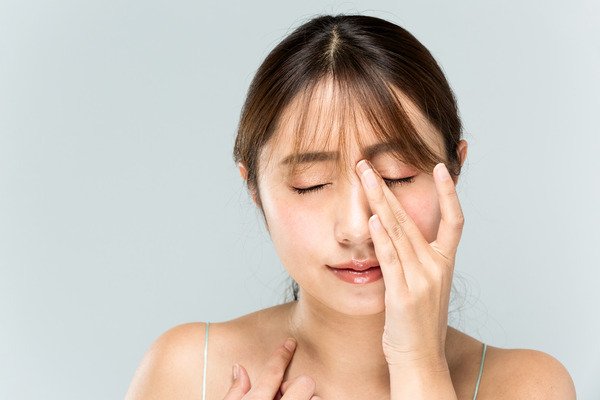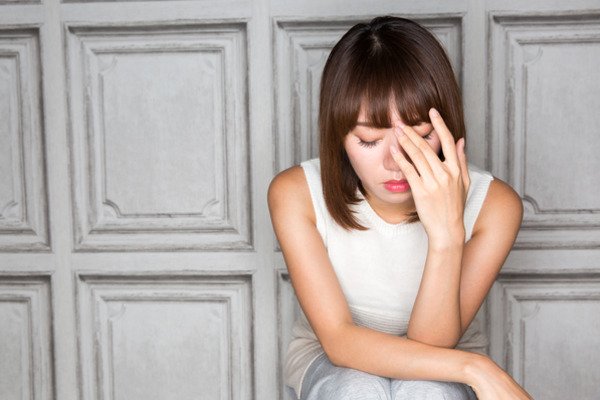Anxiety disorder is the most frequent diagnosis in Mental Health and it is no wonder, since, really, anxiety is an absolutely normal feeling when faced with difficult or hitherto unknown situations, which can pose a danger, a detriment to our current state.
Anxiety is not only necessary but beneficial, because it invites us to action, to make a decision and do something to be safe again. And, for that, certain physiological mechanisms are stimulated so that our body responds quickly. The heart beats faster, the muscles tense, the body temperature rises, we sweat and the pupils dilate to sharpen our vision. In short, it improves our capabilities and our performance to have the maximum chance of success.
And why do I feel so bad?
Well, because anxiety is a primary response, a pure survival instinct, but we no longer live in the jungle nor do we have to face a lion. The dangers are more subtle, less obvious, and, furthermore, unlike other living beings, which also have anxiety, we are aware of the possible consequences of a bad result and, the greater the uncertainty, the more fear we feel and the more physical symptoms we experience. we suffer.
And then, at higher intensity, the opposite effect can occur. If anxiety is very high, instead of facilitating taking action, it blocks us. We suffer and remain paralyzed And if it becomes chronic, it makes our lives impossible, it tells us that something in us is failing. We are faced with an unnecessary state of perpetual alert.
This is what, in clinical practice, we call anxiety disorder. It is a feeling of anguish maintained over time, with physical symptoms that become more complicated, a feeling of helplessness and of being unable to do anything, and a mood that alternates between fear and sadness.
What is the reason for this anxiety?
The first thing is to rule out other problems that may have the same physical symptoms, but have nothing to do with anxiety. Now that we know that anxiety is an innate reaction to danger, we must analyze what the threat is, what internal or external stimuli it is activated by, and what maintains it over time It can be an event, any comment from someone, a thought, or simply a memory. So, for example, we have:
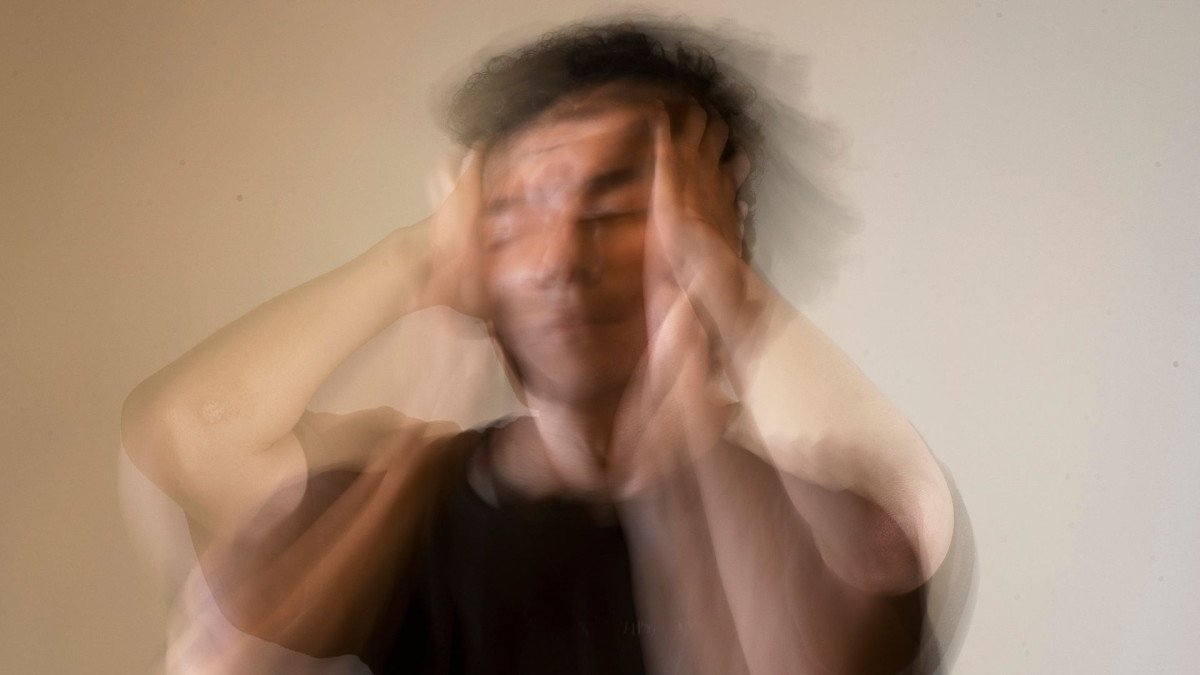
What problems arise from anxiety?
Of course, each of us experiences anxiety in our own way, but, in general, the most frequent problems we encounter in consultation are:
How is anxiety treated?
Depending on its origin and intensity, the treatment will not always be brief, especially if you have been living with it for a long time. Yes indeed, No one has to adapt to living with anxiety. In general, there are two main ways to treat anxiety, and they are not exclusive
On the one hand, Pharmacological Treatments. Drugs do not cure, they simply control the symptoms of anxiety, acting on the corresponding neurobiological mechanisms and only for the time they are taken. However, they are very useful in times of great suffering and help during psychological treatment. These types of treatments should not be continued for life. If, after a while, your anxiety does not come under control, they are not serving you any purpose.
On the other hand, we have Psychological Treatments. There are many types of psychological treatments. Some promote the ability to self-control, while others analyze and look for the root of anxiety The latter involve a greater investment in time that, however, is worth it in the long run.
What can you do if you suffer from anxiety?
Keep some tips in mind in this regard:
In short, if you feel that the situation is beyond you, do not isolate yourself and ask for help until you find it. Loneliness only generates more distress and avoiding the problem does not make it go away. You are neither the only one nor the last person to go through a bad time and not know how to solve it We are not born knowing and life is a continuous learning.



